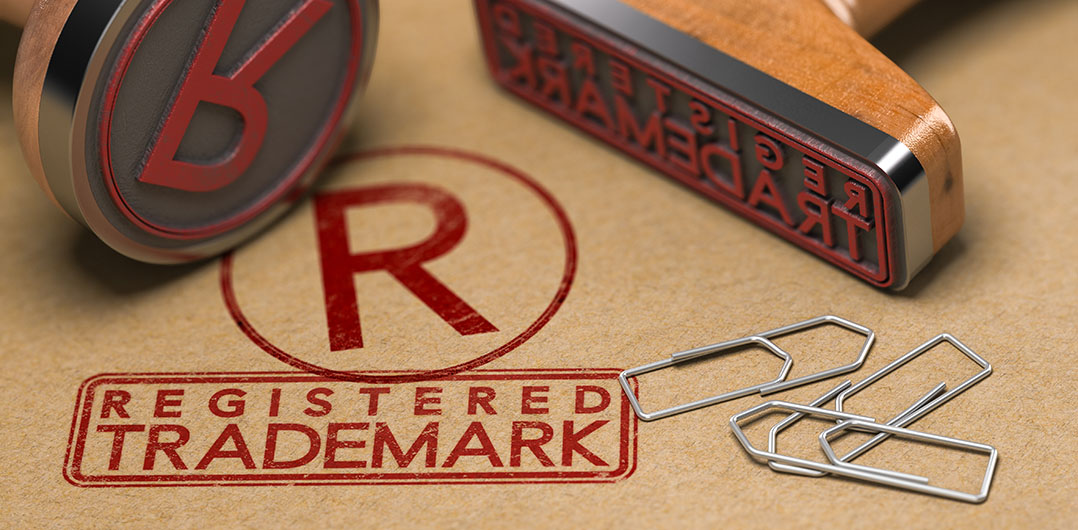IP Knowledge Hub

Welcome to the IP Knowledge Hub
Clear guidance, practical insights, and confidence - all in one place.
If you have an idea, product, brand, or invention that sets your business apart, protecting it should be a priority. But when you are launching a start-up, developing your first innovation, or IP for the first time, the world of intellectual property can feel overwhelming.
Complex terminology, unfamiliar processes, and confusing options can quickly become barriers to progress.
That is exactly why the IP Knowledge Hub was created
The IP Knowledge Hub is your go-to resource for demystifying intellectual property. Here, you will find clear, practical guidance on patents, trade marks, copyright, design rights, and more, written in plain, approachable language without the legal jargon.
Whether you are exploring how to protect a new product, understanding how to safeguard your brand identity, or planning a long-term IP strategy, the IP Knowledge Hub gives you the tools to move forward with clarity and confidence.
Each topic in the IP Knowledge Hub is broken down into simple, actionable insights to help you make smarter decisions. Whether you are a start-up founder, a growing SME, or a corporate innovator, the IP Knowledge Hub is designed to support you at every stage of your journey, making intellectual property protection accessible, understandable, and actionable.
How to use the IP Knowledge Hub
You do not need to read everything at once. The IP Knowledge Hub is designed to be flexible, so you can start wherever feels most relevant to your current journey.
Whether you are shaping a new brand identity, developing a product, or exploring the right protection for your ideas, there is no wrong place to begin.
Each article within the IP Knowledge Hub stands alone, giving you the freedom to dip in and out depending on your needs. Whether you want a quick overview of trade marks, a deeper understanding of design rights, or practical tips on IP strategy, the IP Knowledge Hub offers clear, jargon-free guidance at every step.
If you are not sure where to start, our FAQ page is a great first stop. It answers some of the most common questions we hear from early-stage businesses, first-time founders, and growing innovators, including:
- What is intellectual property and why does it matter?
- How can I protect my intellectual property effectively?
- What costs should I expect when securing IP protection?
Wherever you begin, the IP Knowledge Hub is here to help you protect what makes your business unique and strengthen your foundation for future growth.
Just getting started with the IP Knowledge Hub?
If this is your first time thinking about intellectual property, you are not alone, and you are exactly where you need to be. The IP Knowledge Hub is built to help you take those important first steps with clarity and confidence.
A great starting point is understanding what an IP strategy is and whether it is something your business needs. You can also explore our step-by-step trade mark and patent process guides, which break down each stage clearly and simply, helping you feel more in control.
Beyond the basics, you will find practical guidance on areas you might not have considered yetsuch as can AI be patented?
Whatever stage you are at, the IP Knowledge Hub helps you protect your ideas and unlock their full potential.
Expert Insight, Without the Jargon
At the IP Knowledge Hub, we believe that understanding intellectual property should feel empowering, not overwhelming. Our attorneys share real-world insights to help you see how IP protection fits into your business journey from day one.
“When I speak to inventors or founders for the first time, they often think they don’t have anything worth protecting yet. But IP doesn’t have to be a finished product—it can start with a sketch, a concept, or even just a conversation. If there’s potential in your idea, it’s worth exploring your options early.
And it’s really important not to disclose it publicly before you’ve had the chance to speak to an IP attorney, because once it’s out in the open, your ability to protect is at risk. My role is to make that early stage feel clear, simple, and full of possibility.”
Michael Blake, Senior Attorney
“I’ve worked with businesses at every stage, from first-time founders to growing start-ups and established brands. Trade marks aren’t just about ticking legal boxes. They’re about protecting everything your business stands for—your name, your reputation, your identity.
It’s what sets you apart, and once it’s out in the world, it can be difficult to stop someone else from using it if you haven’t taken the right steps. The earlier you ask the question – the more options you’ll have. It’s not about being legalistic. It’s about giving yourself room to grow with confidence.”
Georgina Taylor, Trade Mark Attorney
Explore more first-hand insights and practical tips in the IP Knowledge Hub – designed to help you navigate intellectual property with confidence, not confusion.
Got Questions?
The IP Knowledge Hub is designed to answer many of the early questions founders, innovators, and business owners have about intellectual property. But every idea, business, and journey is unique – and sometimes you just need to talk it through.
If something you have read here has sparked a question – or if you would simply prefer to discuss your options with someone who understands this space inside out – we are here to help.
Book a complimentary 30-minute call with an IP attorney to get clear, practical advice tailored to your situation. Whether you are just starting out or facing a specific IP challenge, our team can help you navigate the next steps with confidence.
The IP Knowledge Hub is only the beginning. Wherever you are in your journey, Stratagem is ready to help you protect what makes your business unique – and turn your ideas into lasting success.




